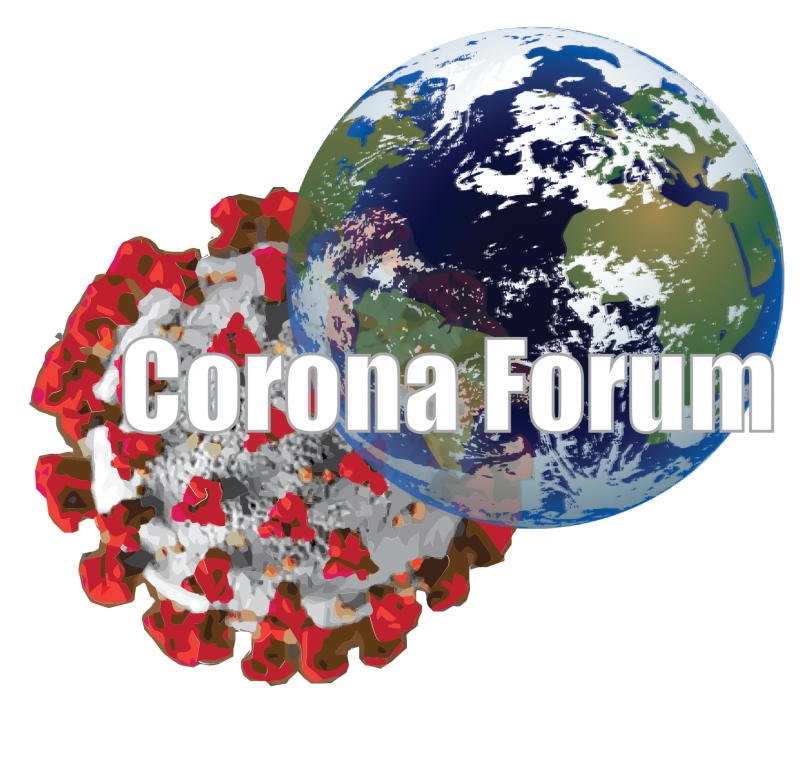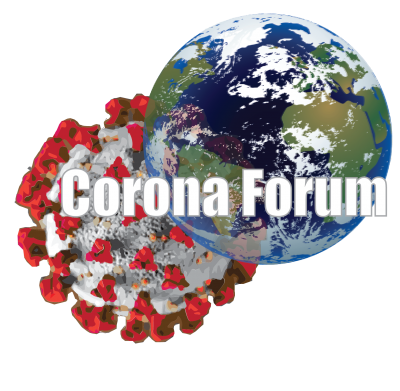Tokyo College Symposium: “Beyond Corona Crisis”②Life and Society

On Tuesday, June 23, Tokyo College held the second online symposium in its “Beyond Corona Crisis” series, on the theme of “Life and Society”
The new way of life brought about by the coronavirus crisis, and what society will be like going forward, is an important theme. Professor Makoto Yokohari (The University of Tokyo, School of Engineering), acting as moderator, told of how the history of cities has also been the history of improving public health. He stated that distancing by social exclusion started at the same time as the formation of exclusive residential areas in cities, and discussed the possibility that the coronavirus crisis could be utilized to achieve the formation of inclusive societies. In a presentation titled “Urban Development and Infection Disease: To this Point and Beyond,” Associate Professor Kumiko Oguma (The University of Tokyo, School of Engineering) introduced many historical instances of infectious diseases influencing the development of cities. She said one can observe how population flows into cities have led to the spread of infectious diseases in overcrowded and unsanitary environments, with further urban expansion based on improvements to sanitation infrastructure. Oguma further stated that, comparing our with/post coronavirus situation to such historical examples, a peculiar characteristic that this is taking place not in a period of urban expansion (with population growth and poor sanitary conditions) but rather during a period of saturation and contraction (population decline and aging), and we have to recover from this crisis during conditions of stagnation. She also explained issues relating to the existence of communications, the “right to disconnect”, increasing choice, and the driving force to bring about an inclusive society. Professor Koichi Kato (The University of Tokyo, School of Engineering) explained the effects on architecture of changes to the climate, severe famine, war, and the bubonic plague that occurred at the start of the Little Ice Age in the late Middle Ages, in a presentation titled “Considering Social Change, the City, and Architecture, from a Millennial Scale.” He also mentioned the construction of enormous gothic cathedrals left incomplete. In a report titled “Gains and Losses to Life and Society from the Coronavirus Crisis,” Professor Hiroshi Ohashi (Director of the Graduate School of Public Policy, The University of Tokyo) pointed out that there exist various global risks other than the current pandemic, and stressed the present need for fully developed evidence-based policy making.
| Date(s) | Tuesday, 23 June 2020, 10:00-11:30 am |
|---|---|
| Venue |
Tokyo College YouTube Channel (https://www.youtube.com/watch?v=aKhmCBHKIj0) |
| Language | Japanese language only |
| Abstract |
Life and Society is one of the six themes we have set to consider in thinking about the “Corona Crisis” and the future world. Experts from the discipline will discuss this theme in a round table. Just as modern urban planning in 19th century Western Europe was born against a background of the deterioration of sanitary conditions brought about by the rapid concentration of populations in urban areas led by the industrial revolution, and efforts to improve such conditions, the history of urban civilization has also been the history of improving public health, including measures to prevent infectious disease. The current spread of the novel coronavirus, however, is occurring in a completely different context—particularly in Japan, where it has not been brought about by poor sanitation, where society is in a state of population aging and decline, and where digital technology including IT is advanced and widespread—and it is on the basis of this context that we must consider countermeasures and prospects for the future. In this session, we will look forward at life and society in Japan with-/post-coronavirus, keeping these issues in mind, from perspectives such as public policy, architecture, urban planning, and sanitary engineering. |
| Program |
Coordinator: Makoto Yokohari(Professor of School of Engineering, The University of Tokyo) |
| Organized by | Tokyo College, The University of Tokyo |













